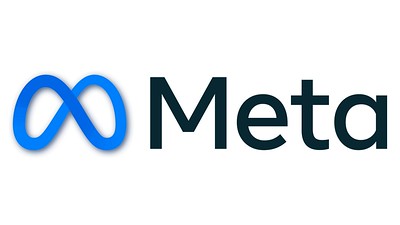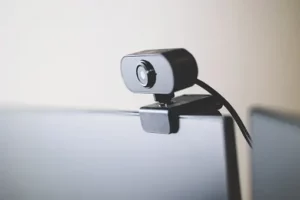In a groundbreaking move that has sent ripples throughout the literary world, Pulitzer Prize-winning author Michael Chabon, along with several other prominent writers, has filed a lawsuit against Meta, the parent company of Facebook, Instagram, and Oculus, over their AI program. The lawsuit centers on concerns related to the use of AI in the creation and distribution of content, raising crucial questions about the intersection of technology and creative work.
The Lawsuit Unveiled
The lawsuit, spearheaded by Chabon and joined by an alliance of authors, alleges that Meta’s AI program poses a significant threat to the livelihood of content creators. At the heart of the matter is the claim that the AI program, powered by machine learning and deep neural networks, has the capability to generate content that closely mimics the writing style of individual authors.
The authors argue that this AI-generated content can not only dilute the value of their work but also potentially infringe upon their copyrights. They contend that the AI program, by producing content that is virtually indistinguishable from human-authored work, blurs the lines between genuine creativity and automated replication, causing harm to the creative community.
Implications for Content Creators
The implications of this lawsuit extend far beyond the scope of this particular case. It highlights the growing tension between technological advancements and creative industries. As AI and machine learning technologies continue to advance, they offer unprecedented opportunities for content creation, content curation, and even content generation.
However, these same technologies raise ethical, legal, and existential questions for content creators. How can authors protect their intellectual property in a world where AI can produce content that is almost identical to their own? What safeguards need to be put in place to ensure that AI does not devalue the efforts of human creators?
The Broader Conversation About AI and Creativity
Chabon’s lawsuit against Meta also adds to the ongoing debate about the role of AI in creative fields. While AI can be a valuable tool for assisting artists and writers in their work, it also brings into question the essence of creativity itself. Can a machine truly replicate the creative process that has been uniquely human for centuries?
The case also underscores the need for clearer regulations and guidelines surrounding the use of AI in creative industries. It raises questions about who should bear responsibility when AI-generated content crosses ethical and legal boundaries.
Final Thoughts
The lawsuit filed by Pulitzer winner Michael Chabon and his fellow authors against Meta over its AI program is a pivotal moment in the ongoing conversation about technology and creativity. It forces us to consider the impact of AI on the livelihoods of content creators and the broader ethical implications of AI in creative work.
As the case unfolds, it will likely have far-reaching consequences for the future of AI in the creative industries. Content creators, tech companies, and policymakers will need to come together to strike a balance that promotes innovation while protecting the rights and creativity of individuals. The outcome of this lawsuit may very well shape the future of content creation in a world increasingly driven by artificial intelligence.












